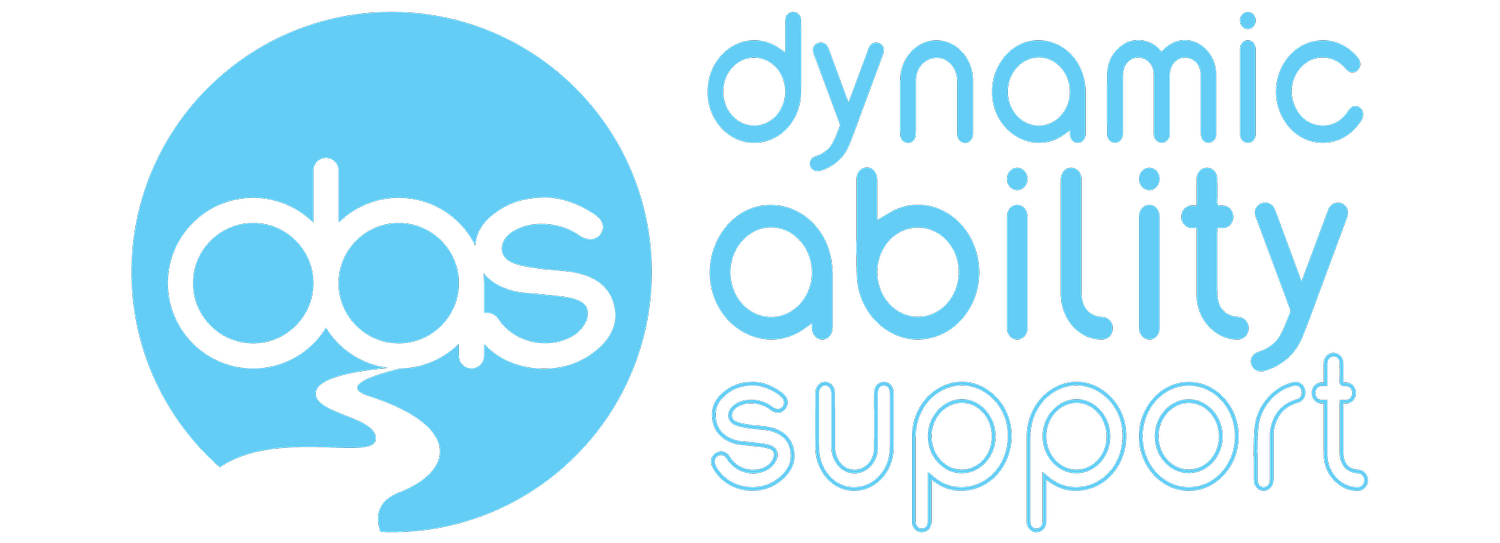Master Your Money: Top tips for managing your expenses
In today’s world, the cost of living seems to be on everybody’s mind, making it essential for everyone to develop effective money management skills. As a key part of Dynamic Ability Support’s Worldwise Program we focus on exactly that. The current cost of living crisis has highlighted the importance of handling our finances wisely.
Whether you’re a young person learning how to ‘adult’, or an adult trying to do a little better each day, here are five top tips to help you manage your expenses.
1. Plan Your Budget:
The cornerstone of successful money management is creating a budget that reflects your income and expenses accurately. Start by outlining your sources of income and then map out where your money needs to go. This clear plan will help you stay on track and make wise spending decisions.
Examples of where your money needs to go could be…
Housing - paying rent or the mortgage
Utilities - such as electricity or water
Groceries - food and household essentials
Transportation - public transport or fuel and car maintenance
The key is to strike a balance between your income and spending. By understanding where your money goes, you can identify areas to cut back and allocate funds for savings or emergencies.
2. Prioritise Essential Spending:
It’s vital to differentiate between needs and wants. While treating yourself occasionally is fine, focusing on essential spending should be your priority. Before making a purchase, ask yourself if it’s something you truly need or it it’s just a fleeting desire. This practice can help you avoid unnecessary expenses and allocate your money toward more critical aspects of your life.
Any easy way to prioritise and streamline your bill payments is by using convenient services like Direct Debit or Centrepay. By setting up automatic payments for essential bills like rent and utilities, you ensure they're taken care of without a second thought, and can get back to doing things you enjoy more!
3. Save Those Receipts:
Hang on to your receipts and bank statements. They're like little financial markers that help you track your spending and most importantly reflect on it.
Imagine you're flipping through your receipts and statements at the end of the month. You notice a consistent pattern of dining out that's eating up a significant portion of your budget. From finding this out, you decide to cut back on eating out and allocate those funds towards a savings goal or a different expense. Without those receipts or bank statements as markers, you might not have realised this pattern and could have missed the chance to make a positive change!
4. Embrace the Power of Saving:
Saving isn’t just a frugal bait; it’s a powerful tool that empowers you to achieve your goals. Whether you’re saving for further education, travel or a down payment on a house, consistent saving over time can turn dreams into reality. Allocate a portion of your income to savings before you start spending. Treat your savings account as a non-negotiable expense to cultivate disciplined savings habits.
It can also help to keep you out of long term debt, by having an emergency fund and some savings to fall back on in the event of uncertainty. The best money saving advice is to always to live below your means, which simply means to earn more than your spend.
5. Bills, Bills, Bills
If the unfortunate circumstance does arise where you are unable to pay a bill. fear not, you've got the power to take control. Rather than letting unpaid bills accumulate, take a proactive approach. Address them as soon as you notice them. Ignoring them can lead to penalties, late fees, and potential damage to your credit score.
If you are struggling to pay your bills, reach out to your creditors. Explain your circumstances honestly and discuss potential solutions. Many times, they're open to working out payment arrangements that align with your current financial situation. When communicating with creditors, don't be afraid to negotiate. Ask if there's a possibility of reducing the amount owed or if they can waive late fees. The key is to remain polite and respectful while advocating for yourself.
Unpaid bills don't have to overwhelm you – by addressing them promptly and seeking solutions, you're reclaiming your financial stability!
With these tips in your pocket, you can navigate these challenging times with confidence! Creating a budget, prioritizing your spending, reflecting on where your money goes, embracing the power of saving, and getting those bills paid are all steps that will empower you to take control of your finances and secure your financial future.
Click here to download our infographic to keep these tips handy.
Excited to put these tips into action and set sail on your journey to independence and success? Dive into our Worldwise program now and arm yourself with indispensable life skills that pack a punch! From mastering budgets and acing home maintenance to conquering the job market and becoming a culinary maestro – we're your partners in taking it to the next level! Join us today and let's unleash your full potential!

